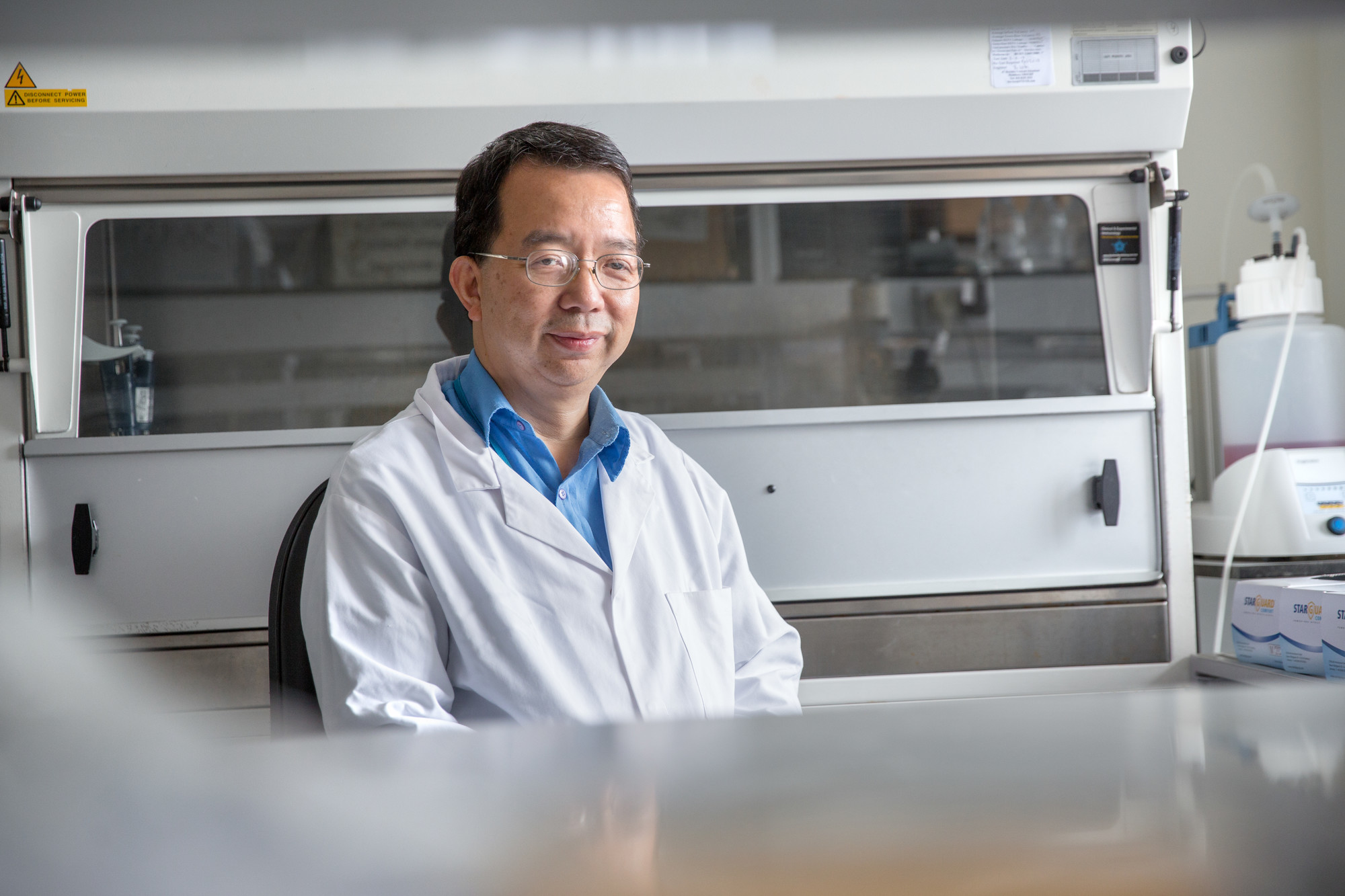
In the latest instalment of our Staff Profile series, we spoke to Professor Frederick Tam about the importance of curiosity, and the key challenges facing the future of healthcare and medicine.
Introduce yourself – who are you and what do you do?
I am a clinical academic, focussing on renal medicine research. I also teach and look after NHS patients with kidney diseases.
When did you first join the Department, and where did you work or study before this?
I first joined Imperial in 1989 as a junior medical registrar. Initially, I studied undergraduate medicine in Cambridge. Then, I worked in various places as a junior doctor in the NHS – including Great Yarmouth, Cambridge, Leicester and Leeds – before coming to London
What first inspired your interest in renal medicine?
I saw that renal diseases had a major impact on the life of patients and their families, especially when the patient progressed to kidney failure.
What has been the proudest achievement of your career so far?
I would not describe anything as having been my proudest achievement; I believe that any progress is really God’s blessing, together with the hard work of colleagues and participation of patients.
However, I would highlight that our research laboratory has been investigating a new mechanism of inflammation in kidney diseases, an important enzyme called Spleen Tyrosine Kinase (SYK). In 2014, we were able to translate our laboratory discovery to start an international clinical trial. We have been investigating the use of an SYK inhibitor to treat an important kidney disease called IgA nephropathy, sometimes referred to as Berger’s disease. This is a special collaboration between Imperial College London and the pharmaceutical industry. Twenty hospitals from Austria, Germany, Hong Kong, Taiwan, USA and the UK worked together and completed the clinical trial last year. We are now in the process of analysing the data.
What do you find to be the most challenging aspect of your work?
The most challenging aspect has been translating laboratory discovery into clinical applications.
What are the main ways in which you think the academic research environment has changed from the start of your career to now? Do you think those changes have been for the better?
In recent years, collaboration with industry has been more proactively encouraged. This has had a major impact in speeding up the application of laboratory discoveries to improve the diagnosis and treatment of patients.
What do you consider to be the key challenges in healthcare and medicine that we need to overcome in the next 20 years?
The key challenges will be to make sure that both research and improvement in healthcare care are directly relevant to patients. We are making more of an effort to ensure participation of patients and the public in our work. For example, a patient with IgA nephropathy played a key role in designing our recent clinical trial.
What is the best piece of advice you would give to students and early career researchers who aspire to having a successful career in research and/or academia?
It is very important to maintain your curiosity for new knowledge, and to not to get discouraged too easily. All original research work involves swimming against the tide, so to speak. It is also important to maintain compassion towards your colleagues and patients, no matter the circumstances.
What are the main ways in which you think the Department can improve its organisational culture?
It will be important to provide freedom and encouragement for researchers to carry out exploratory research.
What are your biggest passions and hobbies outside of work?
I’m interested in anything that’s over 2000 years old, including archaeology and fossils!
And finally: if you were exiled to a desert island but allowed one luxury item, what would it be?
I would love to have a powerful telescope, as astronomy has fascinated me since childhood. It inspired me to explore the excitement of science, and helped me to appreciate just how small we are in the universe. It would be so wonderful to watch the beautiful night sky on the desert island without any light pollution, and to appreciate how amazing the universe is.